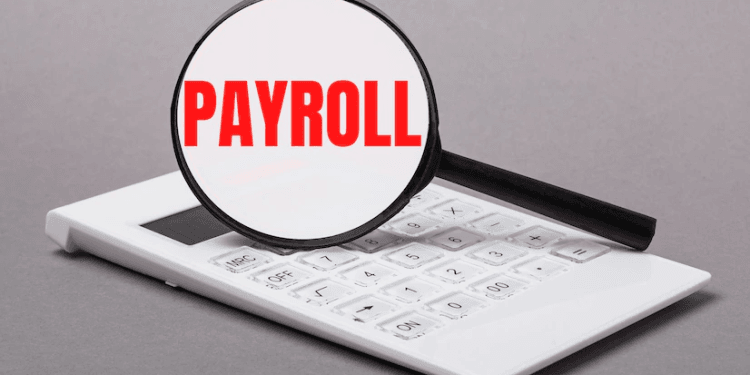Payroll tax is a tax that must be paid by employers, and it typically covers social security, Medicare and federal unemployment taxes. Certain types of businesses are exempt from paying payroll tax all together. For example, most service providers such as doctors and lawyers, as well as churches and nonprofits, may not have to pay this type of business tax at all.
What is Payroll Tax?
When you hear the term “payroll tax,” you might think it refers to the taxes that are withheld from your employees’ paychecks. But payroll tax is actually a tax imposed on employers by the federal government.
The payroll tax is used to fund Social Security and Medicare, two programs that provide benefits to retirees and those with disabilities. Employers are required to withhold a certain amount from their employees’ paychecks and match that amount with their own contribution. The total payroll tax rate for 2020 is 15.3%, which consists of a 12.4% Social Security tax and a 2.9% Medicare tax.
If you have employees working for you, chances are you’re required to pay payroll taxes. However, there are a few exceptions. For example, if you have employees who are under the age of 18 or who are considered family members (such as your spouse or child).
If you’re not sure whether or not your business is required to pay payroll taxes, it’s best to consult with an accountant or other financial advisor. They can help you determine your obligations and make sure you stay in compliance with the law.
How to Know If You Need Payroll Tax
If you are an employer in the United States, you are required to withhold payroll taxes from your employees’ wages. The amount withheld is a percentage of the employee’s wages, and it is remitted to the government on the employee’s behalf.
Federal payroll taxes are imposed by the Internal Revenue Service (IRS), and they include Social Security and Medicare taxes. State payroll taxes vary from state to state, but they generally include unemployment insurance taxes.
As an employer, you are responsible for withholding payroll taxes from your employees’ wages and remitting them to the government. If you do not withhold the correct amount of tax from your employees’ wages, you may be subject to penalties and interest charges.
To determine whether or not you need to withhold payroll tax from your employees’ wages, you should first check with your state’s tax department. Each state has different rules regarding payroll tax withholding, so it is important that you understand your obligations before you begin withholdingtaxes from your employees’ paychecks.
What are the Exemptions to Payroll Tax?
There are a few different types of businesses that are exempt from paying payroll tax. These include:
- Sole proprietorships: If you’re the only owner of your business, you’re exempt from paying payroll tax. This is because sole proprietorships are not considered separate entities from their owners.
- Partnerships: Partnerships are also exempt from paying payroll tax. This is because partners are not considered employees of the partnership, but rather self-employed individuals.
- S corporations: S corporations are exempt from paying payroll tax on their first $250,000 of wages paid to shareholders who work for the corporation. Shareholders who work for the corporation are not considered employees and are therefore not subject to payroll tax.
- Limited liability companies (LLCs): LLCs can elect to be taxed as either partnerships or corporations. If they elect to be taxed as partnerships, they will be exempt from paying payroll tax. If they elect to be taxed as corporations, they will be subject to payroll tax on their first $250,000 of wages paid to members who work for the LLC. Members who work for the LLC are not considered employees and are therefore not subject to payroll tax.
Types of Payroll Taxes
There are four types of payroll taxes: federal income tax, Social Security tax, Medicare tax, and state income tax.
Federal income tax is a percentage of an employee’s wages that goes to the federal government. The amount withheld from an employee’s paycheck depends on their filing status and how much they earn.
Social Security tax is a payroll tax that funds the Social Security program. The current Social Security tax rate is 6.2% for employees and employers each, for a total of 12.4%.
Medicare tax is a payroll tax that funds the Medicare program. The Medicare tax rate is 1.45% for employees and employers each, for a total of 2.9%.
State income taxes vary by state, but most states have an income tax withholding system similar to the federal government’s system. The amount withheld from an employee’s paycheck depends on their filing status and how much they earn.
Conclusion
Payroll tax is a tax that businesses must pay on the wages they paid to their employees. If your business has employees, then you will need to pay payroll tax. The amount of payroll tax you will need to pay will depend on the state in which your business is located.

















































